Ukraine military chief’s chilling warning to the West about Russia’s threat
Exclusive: The Independent speaks to Ukraine’s 3rd Assault Brigade deputy commander Makysm Zhorin about the costly retreat from Avdiivka and the threat of another Russian advance
Your support helps us to tell the story
This election is still a dead heat, according to most polls. In a fight with such wafer-thin margins, we need reporters on the ground talking to the people Trump and Harris are courting. Your support allows us to keep sending journalists to the story.
The Independent is trusted by 27 million Americans from across the entire political spectrum every month. Unlike many other quality news outlets, we choose not to lock you out of our reporting and analysis with paywalls. But quality journalism must still be paid for.
Help us keep bring these critical stories to light. Your support makes all the difference.
Russia is ready to “swallow” Europe whole, a top Ukrainian commander has warned - less than two months after he led a costly evacuation from a key city on the eastern frontline.
Speaking to The Independent from an undisclosed location in Donetsk, deputy commander of Ukraine’s 3rd Assault Brigade, Maksym Zhorin, issued a troubling warning to Kyiv’s Western partners.
The West, he said, must urgently prepare. “Create serious defence systems that could counteract Russia because it will undoubtedly open its mouth and try to swallow the rest of Europe,” he warned.
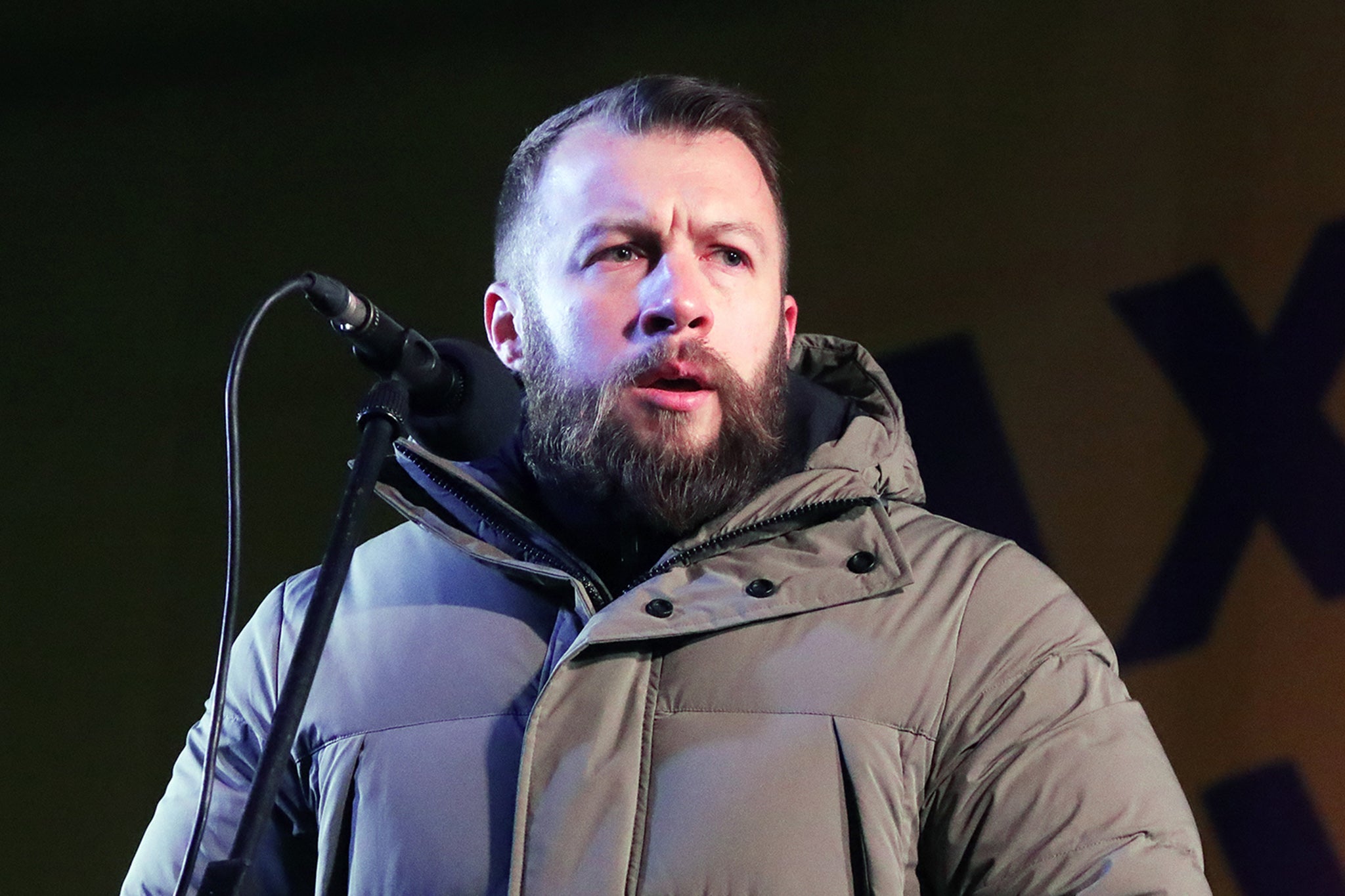
It is the latest in a string of warnings from Ukrainian military and political figures that Russia will not stop with Ukraine. But it comes less than two months after Mr Zhorin helped lead a difficult evacuation from Avdiivka, the first Ukrainian city to be taken over by Russia since last May, in part because a recent lack of Western military support had left Ukrainian forces there at a significant disadvantage.
Mr Zhorin was part of the crack unit, one of the most valued in the Ukrainian army, that was called in at the last minute to evacuate hundreds of soldiers trapped in Avdiivka as Russian forces pushed to encircle it after months of fighting. Many were left behind, where they were later captured or killed, and Russian forces then rushed forward behind the retreating Ukrainian troops, taking several more towns in the process. Videos show Ukrainian soldiers mercilessly killed and left on the streets on the northwest outskirts of the city, which was the last remaining route back to Ukrainian-held land.
Mr Zhorin, more than most, knows the cost of an advancing Russia.
During his interview, the first with Western media since the fall of the city, Mr Zhorin was blunt about the reality of the eastern frontline while Western weapons supplies are delayed or simply being withheld - and he was frank about the future of European security.
A US military package worth roughly $60 billion has been in limbo in Washington for seven months, victim to squabbling politicians, while European partners have failed to send more than half of the million artillery shells they promised to Kyiv by this year, unable to agree on how to finance their production.
Hours after Nato secretary general Jens Stoltenberg announced a long-term proposal for a €100 billion military package to Ukraine this week - a step in the right direction for Kyiv - Mr Zhorin said that the pledge will help but it is, like all Western aid, coming too late.
Roughly seven weeks after Russia claimed Avdiivka, he says the situation has finally stabilised, with defences being held from villages west of Avdiivka including Tonenke, through Semenivka, up to Berydchi.
But the pressure remains, and it is fierce. He claims Russia is dropping between 40 and 60 powerful aerial bombs a day on their positions, while DeepState, a Ukrainian war tracker, said on Thursday that Russia had “advanced” towards Berdychi and was “carrying out assaults in the direction of Semenvika”. Its map suggests Tonenke, meanwhile, is already under Russian control.

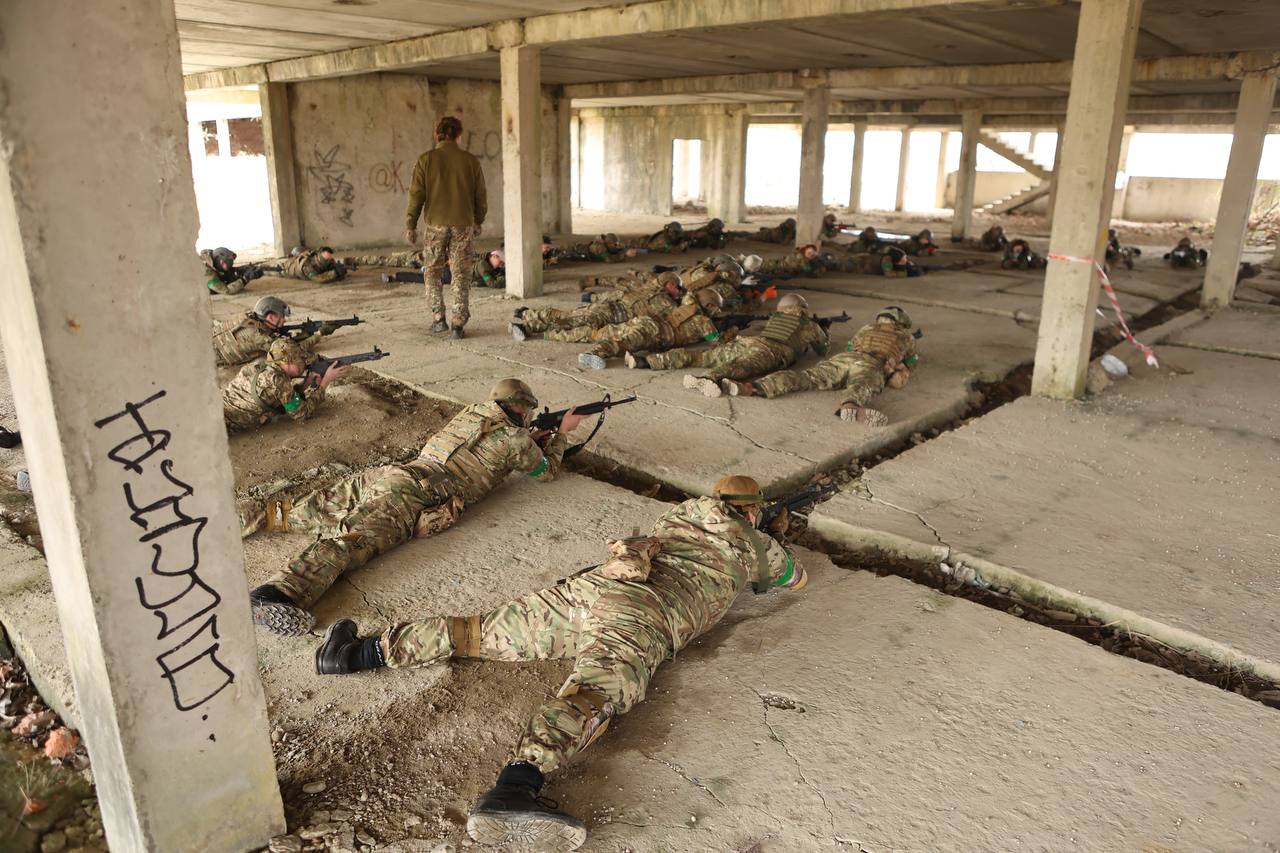
The term “stalemate” was taboo while Ukraine’s summer counteroffensive was ongoing last year as it suggested the attack was failing; now it’s a dangerous word for a different reason. Russia and Ukraine may be fighting a war of attrition, but it’s Vladimir Putin’s forces that are on the move.
“Of course, the situation would be a lot more difficult if we didn’t receive the aid at all, but ultimately the cost of hesitation is Ukrainian territory and Ukrainian lives,” Mr Zhorin said.
“The average Ukrainian infantryman is tired, exhausted by the dynamics of war, and by the events that have transpired. They are almost faint. Unfortunately, that is the truth.”
Many of the soldiers his unit were tasked to save from Avdiivka were from the 110th Brigade, which had fought in the city for the entirety of Putin’s full-scale war, launched in February 2022, without rotation. Many in his unit have also been fighting non-stop.
Outside of the artillery disadvantage, which Mr Zhorin says extends to basic armaments, it is this lack of additional troops that has caused issues for Ukraine.
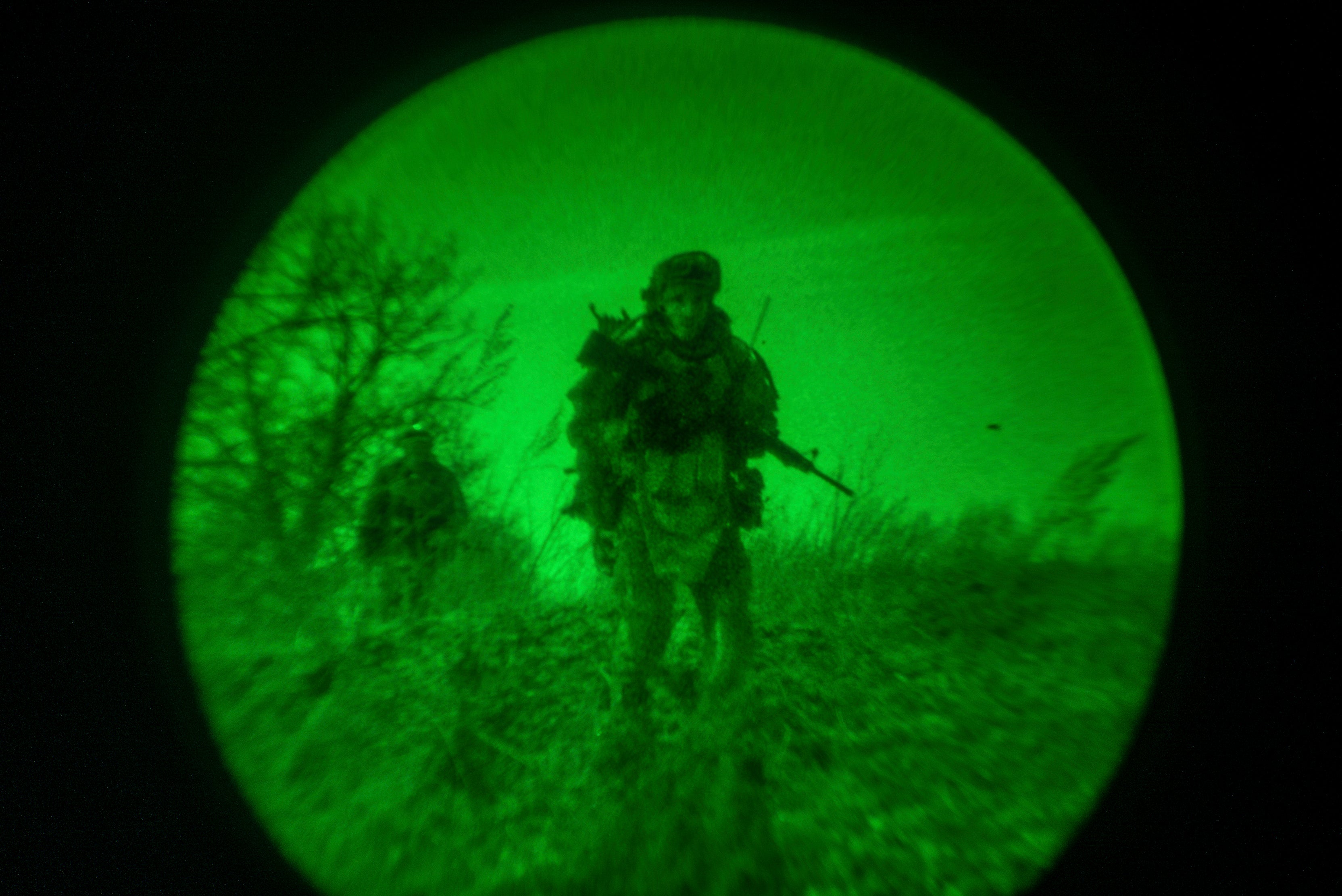
Earlier this week, Ukrainian President Volodymyr Zelensky signed a decree lowering the age of conscription from 27 to 25 to widen the pool of potential recruits. At the moment, the average age of a Ukrainian soldier is 43, as Kyiv has tried to avoid recruiting from a small pool of young people.
But Mr Zhorin says, like the Western aid, that the move is not enough and is coming too late.
“I do not think it is enough,” he said. “I would decrease the age further. As difficult as this is to say, young people must fight.
“It is too difficult to keep the older soldiers motivated and they often have chronic health issues. Young people are more motivated, more energetic and more willing to fight.”
The problems caused by belated mobilisation drives and delayed Western aid are being felt across the frontline but they are acute in the Avdiivka direction.
Despite the calibre of Ukrainian soldiers in the area, Mr Zhorin says they are unable to launch anything other than localised counter-attacks that “are more a form of defence attack as opposed to a large-scale counter”. It is part of what Ukrainian military chief Oleksandr Syrskyi has called active defence.
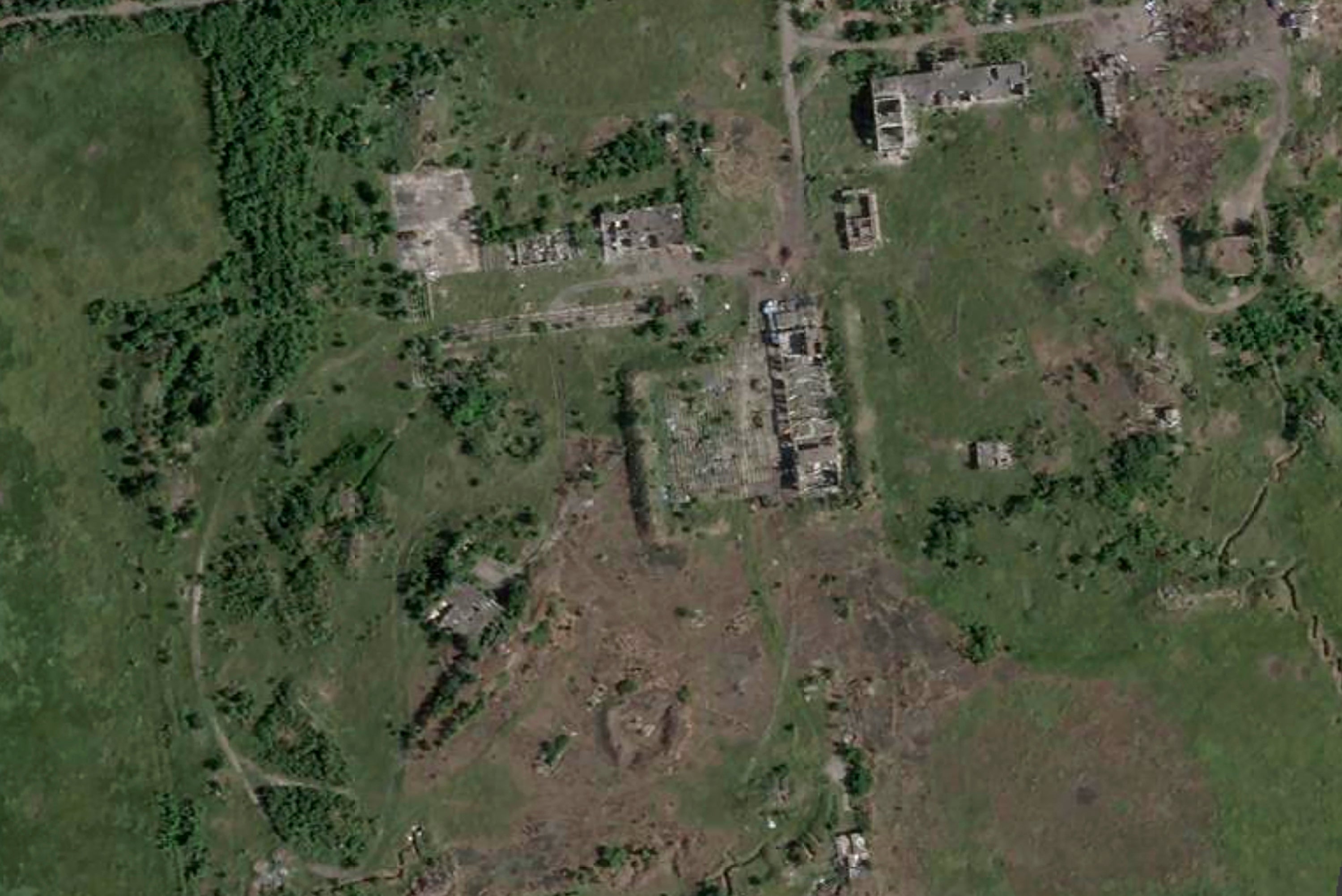
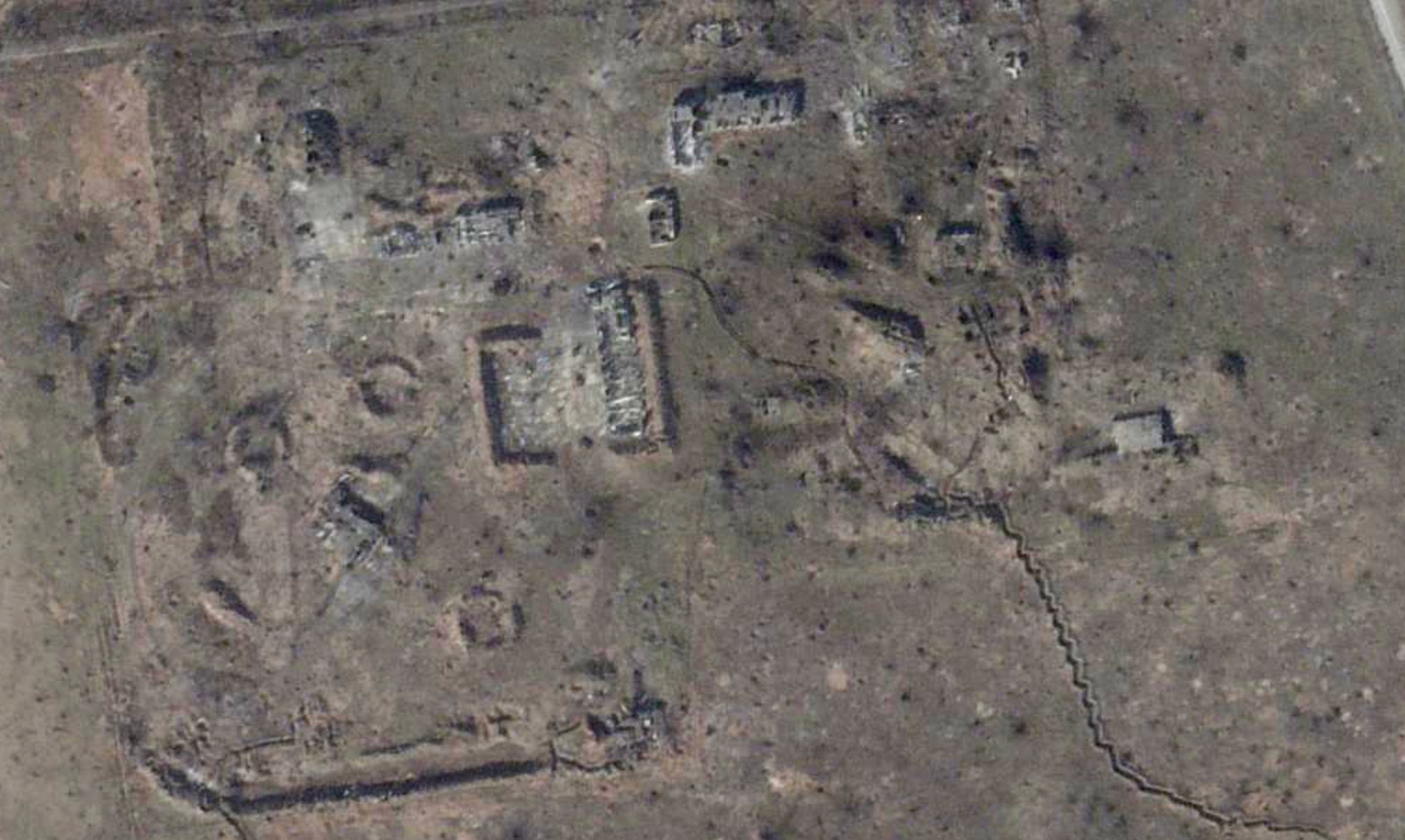
“It is unwise to talk about counter attacks at the moment,” Mr Zhorin said. “We must concentrate on defence. The priority now is to provide proper solid defence and defensive lines.”
He added that several engineering units had been deployed to help fortify the defences in the area, while every infantryman was digging trenches at one point or another. The natural terrain, which includes treelines, slight hills and a few bodies of water, is also favourable for defence.
That Russia’s Avdiivka offensive has been slowed to some extent is impressive, said Mr Zelensky earlier this week, “given the shortage of shells and a significant slowdown in supplies”. “The resilience of each of the soldiers is the resilience of our entire Ukraine,” he said during a nightly address.
But his and Mr Zhorin’s comments underscore the difficulty facing Ukraine in 2024, as well as the sheer difference in the situation on the frontline compared to last year. The 3rd Assault Brigade may be minimising the Russian advance - Mr Zhorin claims his unit has killed up to 15,000 Russians in the past few months alone - but the threat of another push by Putin’s forces is now real.
And then, it’s Europe next.
“Use this time wisely,” the deputy commander says, addressing Kyiv’s Western partners directly. “While Russia is attacking Ukraine, prepare for your own war with Russia.”
Subscribe to Independent Premium to bookmark this article
Want to bookmark your favourite articles and stories to read or reference later? Start your Independent Premium subscription today.

Join our commenting forum
Join thought-provoking conversations, follow other Independent readers and see their replies
Comments